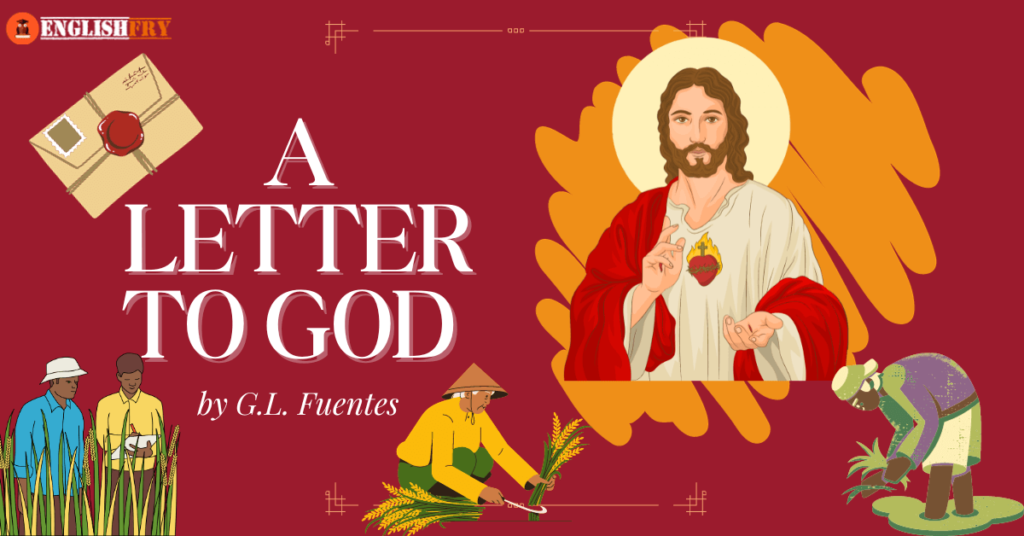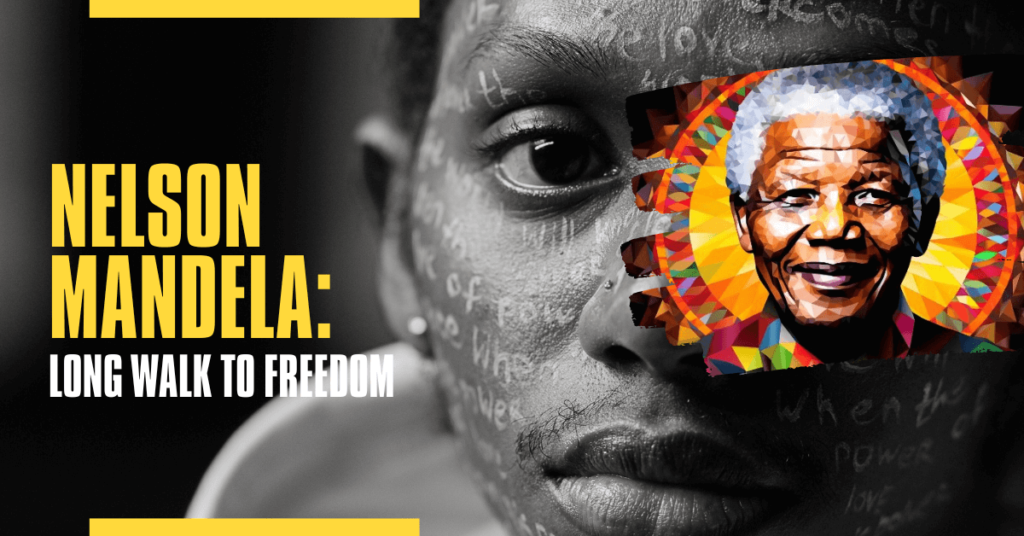Table of Contents
ToggleOriginal Poetry Lines
Childhood
By Markus Natten
When did my childhood go?
Was it the day I ceased to be eleven,
Was it the time I realised that Hell and Heaven,
Could not be found in Geography,
And therefore could not be,
Was that the day!
When did my childhood go?
Was it the time I realised that adults were not all they seemed to be,
They talked of love and preached of love,
But did not act so lovingly,
Was that the day!
When did my childhood go?
Was it when I found my mind was really mine,
To use whichever way I choose,
Producing thoughts that were not those of other people
But my own, and mine alone
Was that the day!
Where did my childhood go?
It went to some forgotten place,
That’s hidden in an infant’s face, That’s all I know.
Word-Meanings
- Ceased: Stopped or came to an end.
- Geography: The study of the Earth’s physical features, climate, and human populations.
- Hypocrisy: Pretending to have beliefs or qualities that one does not possess; insincerity.
- Parrot-like: Mimicking or repeating something mechanically, without understanding.
- Nostalgia: A sentimental longing or affection for the past, typically for a period or place with happy personal associations.
- Infant: A very young child or baby.
Paraphrase
- When did my childhood go? The poem begins with the speaker’s reflection on when they lost their childhood. This line suggests that the speaker is trying to pinpoint a specific moment.
- Was it the day I ceased to be eleven? The speaker wonders if the end of their childhood happened when they turned twelve. This age represents the transition from childhood to adolescence.
- Was it the time I realized that Hell and Heaven, Could not be found in Geography, And therefore could not be? The speaker reflects on the realization that the concepts of “Hell” and “Heaven” couldn’t be located on a map (Geography). This suggests a loss of childhood innocence, as they come to terms with the abstract and complex nature of these ideas.
- Was that the day! This line emphasizes the significance of this realization in marking the end of childhood.
- When did my childhood go? The speaker continues to search for the moment when their childhood ended.
- Was it the time I realized that adults were not all they seemed to be, They talked of love and preached of love, But did not act so lovingly, The speaker’s childhood appears to have ended when they realized that adults, including those who preached about love, didn’t always act lovingly. This suggests disillusionment with the hypocrisy of adults.
- Was that the day! Again, the speaker emphasizes the impact of this realization on the loss of childhood.
- When did my childhood go? The search for the moment continues.
- Was it when I found my mind was really mine, To use whichever way I choose, Producing thoughts that were not those of other people But my own, and mine alone, The speaker suggests that their childhood ended when they realized that their thoughts were truly their own, free from the influence of others. This signifies the development of independence and self-awareness.
- Was that the day! The poem again underscores the significance of this realization.
- Where did my childhood go? It went to some forgotten place, That’s hidden in an infant’s face, That’s all I know. The poem concludes with the idea that childhood has disappeared into a hidden and forgotten place, which can only be glimpsed in the innocence of an infant’s face.
Summary
The poem “Childhood” by Markus Natten explores the theme of the transition from childhood to adulthood. The speaker reflects on the moments and realizations that marked the end of their childhood. The poem conveys a sense of nostalgia and the loss of innocence.
Have you ever wondered when the magic of childhood slipped away? He reflects on this, and perhaps it was that moment when he surpassed the age of eleven. It was a time when he began to question the very existence of Hell and Heaven, concepts deeply ingrained in his early years. To his surprise, the geography textbooks he pored over had no mention of these mystical realms. It was then that he realized that his childhood might have slipped through his fingers as he acquired a more rational outlook through education.
In the next chapter of his life, he contemplated whether the loss of childhood occurred when he started seeing through the masks of the adults around him. These grown-ups, who were supposed to be role models, often adhered to double standards, preaching one thing while doing another. They preached love, care, and compassion, yet their actions often contradicted these ideals. Their behavior, at times, was a far cry from the love they so fervently advocated to the innocent children. The recognition of this broken trust marked a significant step towards his journey into adulthood.
He also considered the possibility that it was the day he realized his mind could think independently, forming his own opinions and making decisions. He gained a sense of individuality that set him free from the preconceived notions of others. His own unique thoughts and experiences began to shape his world, and it was at this point that he felt he had lost his childhood innocence completely.
In the closing stanza of this contemplative journey, he finds himself wondering where his childhood has vanished to. Could it be tucked away in an unremembered corner of the past? He believes, to some extent, his childhood now resides in the innocent countenance of a child untouched by pretense and rationality, a child who trusts others without question. In other words, it’s in the pure innocence of a small child that he may discover traces of his own lost childhood.
Poetic Devices
- Refrain (Line (s) that is/are repeated at regular intervals throughout the poem. The refrain often
carries the central message of the poem)- When did my childhood go?…. Was that the day!
- Antithesis (A rhetorical device in which two opposite ideas are put together in a sentence to
achieve a contrasting effect)- Hell and Heaven
- Alliteration (Repetition of same consonant sound at the beginning of two adjacent words) – “My
mind”; “Whichever way”; “That, they, “the time.”
- Rhyme scheme- The poet does not follow any particular rhyme scheme. Only the first stanza has a
rhyme scheme of ‘abbccd’
Central Idea
In this poem the poet thinks deeply over the question of his lost childhood. Childhood is a stage of
innocence in which the child believes others and loves unconditionally. The poet has tried to identify few stages of his life when his thoughts and perceptions of the world changed. The poem describes the first step to maturity or loss of childhood when one is able to think logically and rationally. Forming one’s own opinion and not getting influenced by others is also a sign of maturity or loss of childhood. The poem also hints at the hypocrisy prevalent in our society, where people pretend to be nice to each other but in reality they do not like each other.
Theme
The poem, ‘Childhood’ focuses on the theme of loss of innocence. In this poem, the poet, Markus Natten wonders when and where he lost his childhood. Adolescence is usually a confusing time for a child who is unable to immediately come to terms with the physical, hormonal and psychological changes in his or her personality. He becomes a ‘young adult’; he neither wants to call himself a child nor is he completely an adult.
Sub- themes Stanza 1- Rationality, Stanza 2- Hypocrisy of adults, Stanza 3- Individuality of thoughts
Certainly, let’s explore how each of these themes is evident in Markus Natten’s poem “Childhood” in more detail:
- Transition from Childhood to Adulthood:
- The poem opens with the question, “When did my childhood go?” This sets the tone for the entire poem, as the speaker is contemplating the end of their childhood.
- The line, “Was it the day I ceased to be eleven,” suggests that turning twelve marked the end of childhood and the beginning of adolescence. This age transition is a classic milestone in the journey from childhood to adulthood.
- Loss of Innocence:
- The speaker reflects on the realization that concepts like “Hell” and “Heaven” cannot be found on a map. This represents a loss of innocence as they confront the complexity and abstract nature of these ideas.
- The realization that adults, who talk and preach about love, often do not act lovingly, indicates the loss of the speaker’s innocent belief that adults are always role models of virtue and kindness.
- Realization of Hypocrisy:
- The poem highlights the speaker’s growing awareness of hypocrisy among adults. They begin to see the contrast between what adults say and what they do. This realization shatters the childlike belief in the infallibility of adults.
- Independence and Self-Identity:
- The line, “Was it when I found my mind was really mine,” suggests the moment when the speaker realized their capacity for independent thought. They start to form their own opinions and views distinct from those of others.
- The phrase “Producing thoughts that were not those of other people, but my own, and mine alone” underscores the development of individuality and self-identity. It signifies the emergence of the speaker as a unique, independent person.
- Nostalgia:
- The entire poem is infused with a sense of nostalgia, as the speaker looks back on the moments that marked the end of their childhood. The tone of the poem is reflective and wistful, as the speaker longs for the simplicity and innocence of their past.
- The closing lines, “Where did my childhood go? It went to some forgotten place, That’s hidden in an infant’s face, That’s all I know,” convey a deep sense of nostalgia, indicating that the speaker’s childhood is a distant, cherished memory.
In summary, “Childhood” by Markus Natten vividly portrays the themes of transition from childhood to adulthood, the loss of innocence, the realization of hypocrisy among adults
Textual Questions
1.What according to the poet is involved in the process of growing up?
Ans: The process of growing up involves understanding oneself, other adults and the
application of one’s mind rationally. One ceases to be a carefree child and starts judging
people and situations.
2.What is the poet’s feeling towards childhood ?
Ans:The poet is all praise for childhood because one is free from tension and worries and
free from wricked ways of the world of grown-ups. As one grows in years, one starts
thinking independently and questioning what others say. Childhood is the stage of
innocence.
Extra Questions
1.What did the speaker learn about the existence of Heaven and Hell?
Or
Explain how the speaker’s realization about Heaven and Hell reflects the transition from childhood to adulthood.
Answer: When the speaker grew older, he gained(acquired) the ability to think for himself. He understood that we can’t find Heaven or Hell in geography books or on a world map. Heaven or Hell cannot be found anywhere. He concluded that they weren’t real. He decided to only believe in things he could see and prove.
2: How did the speaker realize the hypocrisy of the adults?
Answer: The speaker saw a big difference between how adults looked on the outside and how they acted in real life. They talked about love and told others to be loving, but their actions didn’t match their words. They were not loving in their behavior.
3: How did the realization of being the master of his own mind help him?
Answer: Realizing that he had control over his own thoughts and could use his mind as he wished made him more self-assured. He could now think independently and didn’t have to echo the thoughts of others like a parrot.
4: What does the poem suggest about the loss of innocence in the speaker’s life? Provide specific examples from the text.
Answer: The poem hints at the loss of innocence through the speaker’s realization that abstract concepts like Heaven and Hell couldn’t be located on a map. The innocence is further eroded as the speaker notices that adults, who preach love, often don’t act lovingly.
5: Describe the speaker’s perception of adults and their behavior as depicted in the poem. How does this realization impact the speaker?
Answer: In the poem, the speaker sees a contradiction between how adults present themselves and how they truly behave. They speak of love and advise others to be loving, yet their actions don’t match their words. This realization of adult hypocrisy leaves a significant impact on the speaker, leading to disillusionment.
6: Analyze the significance of the line, “Producing thoughts that were not those of other people, but my own, and mine alone.” How does it relate to the theme of independence and self-identity in the poem?
Answer: The line emphasizes the importance of independent thinking. The line emphasizes the ownership of one’s thoughts. It means that the speaker is now confident in his ability to think for himself, rather than merely echoing the ideas of others. This relates to the theme of gaining independence and a unique self-identity.
7: Discuss the role of nostalgia in the poem “Childhood.” How does the speaker’s nostalgia for childhood contribute to the overall theme of the poem?
Answer: Nostalgia plays a significant role in the poem. The speaker’s longing for their lost childhood is evident throughout. This nostalgia underscores the theme of growing up and the bittersweet realization that childhood is a cherished memory of simplicity and innocence that cannot be reclaimed.
MCQ Latest format
Question 1:
What realization marks the transition from childhood to adulthood in the poem?
- A) The discovery of geography
- B) Finding Heaven and Hell on a map
- C) The speaker’s independent thinking
- D) The speaker’s ability to mimic others
Correct Answer: C) The speaker’s independent thinking
Question 2:
What does the speaker’s perception of Heaven and Hell suggest in the poem?
- A) They are physically present in geography books
- B) They are abstract and cannot be found on a map
- C) They can only be experienced in childhood
- D) They exist as real places on Earth
Correct Answer: B) They are abstract and cannot be found on a map
Question 3:
How does the speaker’s realization about adults affect them in the poem?
- A) It makes them trust adults more
- B) It reinforces their belief in adult advice
- C) It leads to a sense of disillusionment
- D) It has no impact on the speaker
Correct Answer: C) It leads to a sense of disillusionment
Question 4:
What is the significance of the line, “Producing thoughts that were not those of other people, but my own, and mine alone” in the poem?
- A) It emphasizes the importance of imitating others
- B) It highlights the need to conform to societal norms
- C) It underscores the speaker’s newfound independence in thinking
- D) It signifies the speaker’s desire to mimic adults
Correct Answer: C) It underscores the speaker’s newfound independence in thinking
Question 5:
What is the role of nostalgia in the poem “Childhood”?
- A) It represents the speaker’s hatred for their past
- B) It symbolizes the speaker’s desire to remain a child forever
- C) It conveys the speaker’s longing for the simplicity of their past
- D) It signifies the speaker’s excitement about growing up
Correct Answer: C) It conveys the speaker’s longing for the simplicity of their past
Founder of Englishfry.com, a captivating and knowledge-driven blog & Founder of Android app/website Studyfunnel.com, an online Mock Test Series Portal. With a wealth of experience spanning over 16+ years, he has excelled as an Ex-professor, Teacher, Author of Book “Island of Illusion”, Website Developer, Graphic Designer,Blogger,Poet, and Creative academic content writer. His tryst in Literature helped him realize his love for writing and telling stories. A tech-savvy language nerd by day and, a passionate writer by night, he now translates his experiences into tales of wisdom served with a side of humor.His widely recognized profound insights ,captivating writing style makes him contribute to prestigious publications and a sought-after authority in the field.








